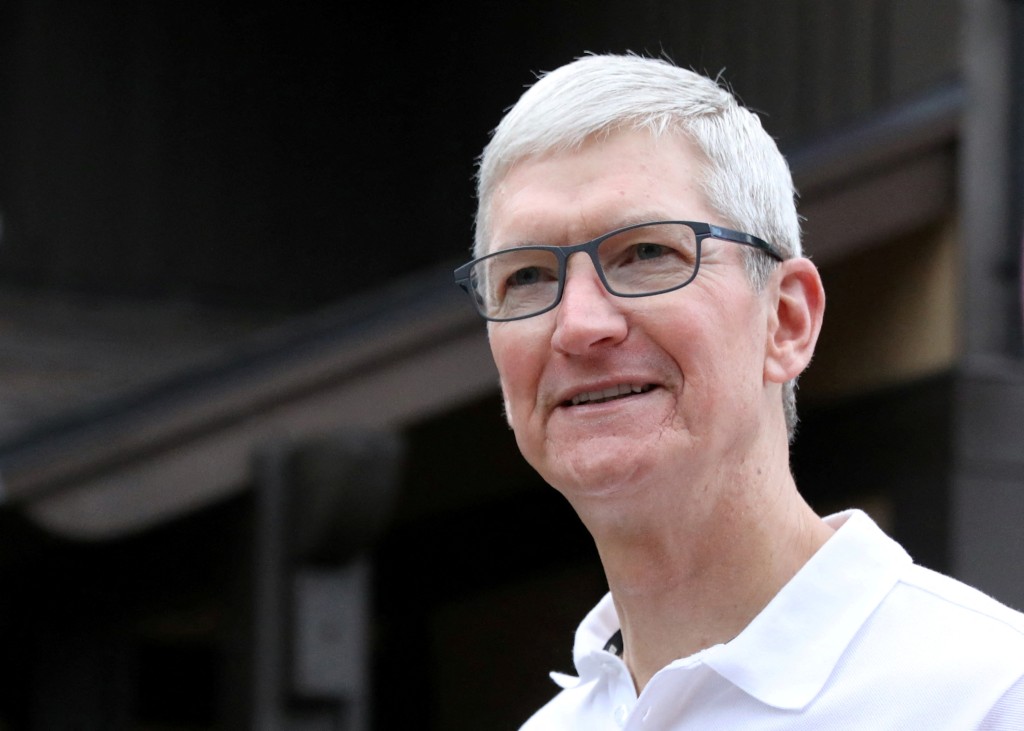The Senate Judiciary Committee advancing the Open App Markets Act has raised the ire of Big Tech. The act, if passed, would set high-level rules to combat Apple and Google’s anti-competitive behaviors on their respective app stores, such as kicking off and copying their competitors. However, tech giants claim the act has an unintended consequence, which is that preventing these otherwise anti-competitive measures can put their customers’ safety and privacy at risk. But the facts simply do not support Big Tech’s rationale here. What’s worse, these companies’ unfettered enjoyment of their dual monopolies over app stores can ultimately increase a consumer’s vulnerability to cyberthreats.
For one, app-store companies do not share key data points that can prevent some cyberthreats. For instance, most dating apps have a sophisticated vetting process both to determine that their users are at least 18 years old and to verify a particular user’s identity to ensure predators are not making fake accounts to harm their customers. However, when companies, like Apple, keep this information from those companies, it only increases the probability that fake accounts used by bad actors proliferate.
Child safety
Moreover, the Open App Markets Act would allow for more competition in the online child-safety space. Qustodio and Kidslox — two child-safety apps — are tangible examples of how these app stores’ monopolistic control adversely affects cybersecurity. Qustodio and Kidslox provide parents the ability to supervise and block harmful content for their children. The apps even provide parental tools to create healthy digital habits. Apple allowed both apps to be on its App Store, until these types of apps directly competed with the tech giant’s Screen Time feature. Then, without warning, Apple blocked them and many other child-safety apps off its platforms, which directed consumers to Apple-made products as they were more widely available on its store.
As Qustodio’s CEO, Eduardo Cruz, lamented: “In a matter of minutes, the app business that you’ve grown over the years can be shut down with little or no warning, and without alternatives.”
One would think that if Apple or Google kicked a competitor off their stores, they are better stewards of our cybersecurity than any other company. Unfortunately, they are not, as both companies have a less than stellar résumé when it comes to protecting consumers from cybersecurity threats.
In fact, Apple’s and Google’s vetting are often insufficient and have even perpetuated cyberstalking and fraud. In 2019, a group of researchers found that stalkers can easily use Google Maps and Apple’s Find My Friends application to stalk their users without the user knowing. Worse, Apple doesn’t allow “anti-spyware” apps on its App Store, which leaves stalker victims extremely vulnerable to predators.
Additionally, The Washington Post reported that nearly 2% of Apple’s top-grossing apps were “teeming with scams.” That security flaw allowed the scammers to avail themselves to $48 million from Apple users.

These facts are even more concerning when one considers Apple’s $275 billion deal with China. This once-secret deal has yielded a critical blow to Apple’s commitment to consumer privacy, and a few reports have linked Apple’s dealings in China with the facilitation of the Uyghur forced labor camps. Apple has servers on mainland China that Chinese state employees manage, and, as The New York Times reported, “Apple abandoned the encryption technology it” uses in every other nation. This should serve as a serious red flag as to Apple’s commitment to personal privacy and cybersecurity.
Power to consumers
Chinese human-rights activists have supported the Open App Markets Act, suggesting that it will limit China’s influence on app stores. If Big Tech were truly concerned with cybersecurity, then they would stop doing China’s bidding at every turn, as opposed to fighting this bill.
Ultimately, the Open App Markets Act puts the choice back into consumers’ hands and allows us to access cybersecurity tools that compete with Apple and Google. Additionally, the act gives developers the right to engage directly with their customers instead of having Big Tech mediate all their communications. Such communications put more cops on the beat to monitor cyberthreats in real time instead of solely relying on Apple and Google’s shoddy vetting system.
Frankly, Big Tech’s cybersecurity concerns are a desperate and last-ditch effort to kill the Open Apps Market Act.
Joel Thayer is president of the Digital Progress Institute and an attorney based in Washington, DC. The Digital Progress Institute is a DC nonprofit seeking to bridge the policy divide between telecom and tech through bipartisan consensus.



















